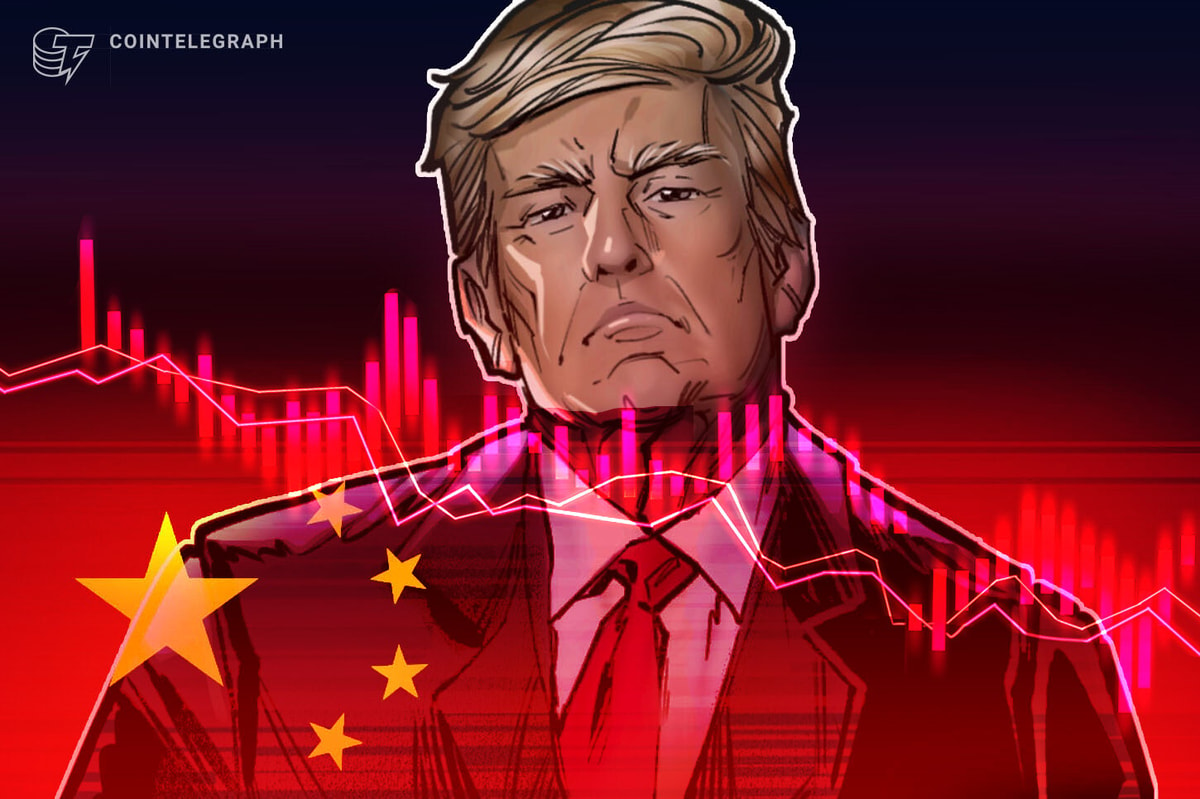Serving tech enthusiasts for over 25 years.
TechSpot means tech analysis and advice you can trust.
The big picture: Since the start of this decade, few buzzwords have created as much hype as generative AI and anti-aging. As it turns out, the two go hand in hand. Recent breakthroughs in AI, sensors, computation, and single-cell biology may hold the keys to unlocking the fountain of youth. Just hear what futurist Peter Diamandis has to say about it.
On a recent Apple Podcast, Diamandis expanded upon a tweet in which he advised people to stay alive until the next decade and not die from "something stupid."
We're so close to longevity escape velocity that I urge you to remember that your sole responsibility right now is to avoid dying from something stupid.
– Peter H. Diamandis, MD (@PeterDiamandis) March 30, 2025For those not in the know, Diamandis is an American engineer and the founder/chairman of the XPRIZE Foundation. He's been hyping an "abundant future" brought about by exponential tech progress for years now. In his view, the tech forces mentioned above are unlocking the secrets of aging and paving the way for treatments to slow, stop, or even reverse the process.
"I feel like we're in the midst of a healthspan revolution. And this is not by chance. It's the impact of mostly AI, computation, sensors, single-cell sequencing, cellular medicines – a whole slew of converging technologies are helping us understand why we age, how to slow it, stop it, potentially reverse it," he claimed in the podcast.
Diamandis stated that these technologies would help us achieve "longetivity escape velocity."
"It's the notion that today, for every year that you're alive, science and medicine are extending your lifespan by [up to] a third of a year," he explained.
At a certain point – which Diamandis thinks we'll reach within 10 years – annual lifespan gains will start exceeding one year for every year alive. Basically, the aging process will be outpaced by the treatments designed to counteract it.
AI is indeed supercharging our ability to both generate and analyze massive biomedical datasets, which could help reveal insights into aging's mechanics. At the same time, advancements in genomic sequencing are giving scientists unprecedented views into how our cells and genes change over time. Then there are cellular therapies in the works that aim to reprogram aged cells back to a more youthful state.
That said, any predictions like these should be taken with a healthy dose of skepticism. Futurists are known for sometimes being overly optimistic – especially those with business interests who aim to fuel investments. For instance, Elon Musk's prediction last year that AI would be smarter than any human "in the next year or two" sparked plenty of debate.
Still, Diamandis appears particularly excited about the potential of epigenetic reprogramming. This is a process based on the understanding that while our core DNA remains constant throughout life, it's the epigenome that serves as a dynamic control layer, turning genes on or off in different cells over time. He suggests that developing techniques to reset and fine-tune this epigenetic "software" may help scientists one day rewind the biological clock.
"The hottest area of investment is called epigenetic reprogramming," says Diamandis, an investor himself in the field. "Can I reprogram your epigenome to take you back to a more youthful state?" If so, it could be the key to de-aging.









 English (US) ·
English (US) ·